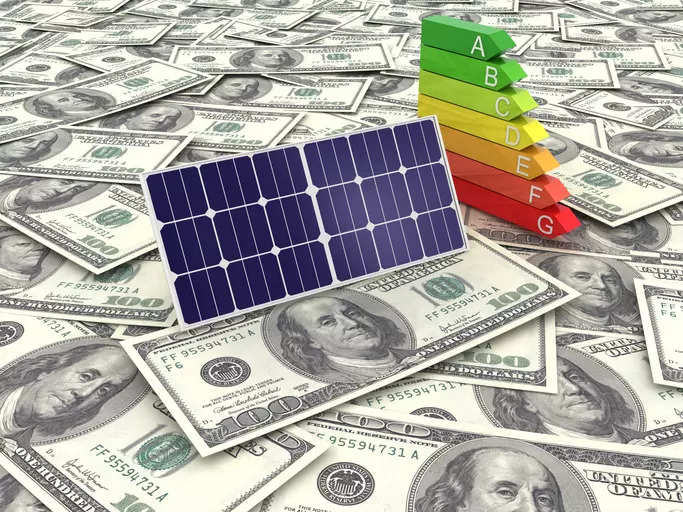
By Asha Jadeja and Manushi Desai
COP27 highlighted the urgent need to focus on climate change and catalyze the transition to a low-carbon economy. India, with its ambitious goal of producing 450GW of renewable energy by 2030 and achieving net zero emissions by 2070, is well positioned to lead the charge. And with the latest projections pointing to India becoming the third largest economy in the next decade, according to Morgan Stanley, it’s no surprise that disruptive innovations in clean tech are both a pressing need and investor-friendly.
One key driver of the race to net zero from both governments and business is venture capital to fund promising clean energy innovations. At the COP27, Amazon Web Services announced the opening of the Clean Energy Accelerator 3.0, a “high-pace, non-equity dilutive accelerator designed to facilitate partnerships with mature startups developing breakthrough clean energy technologies.” The previous two phases of the Amazon accelerator funded $207 million worth of climate tech investments. Similarly, the First Movers Coalition, a group of private sector heavyweights including Apple, Pepsi and Ford have made a $12 billion purchase commitments for technologies to decarbonize hard to abate sectors such as steel, cement, shipping and trucking by 2030. Post COP27, the European Investment Fund committed to investing $2.6 billion in climate action through partnerships with venture capital, private equity, and infrastructure funds. On the sidelines of COP27, several philanthropists, private equity players and impact investors gathered to chart a course towards a sustainable future.
The spotlight is on climate tech venture capital like never before and India with its recent surge in unicorns is well positioned to capitalize on this trend. Limited foreign entry barriers, start up and renewable energy friendly laws, talented young entrepreneurs and a burgeoning clean tech sector has made India home to a growing number of promising innovative clean energy startups.
Investors from around the world are rushing to capitalize on the gold rush. In recent years, we have seen a surge in climate tech venture capital activity in India, with a number of firms setting up dedicated funds or making strategic investments in the sector. The Indian renewable sector saw a 100% increase to $1.6 Billion in financial year 2021-22. In November 2022, India also saw its maiden energy transition-focused VC fund with a target corpus of $48 million launched by Transition VC, a Bengaluru based VC.
The refocus on climate adaptation at COP27 and the commitment of COP27 member countries to set up the loss and damage fund for developing countries will only see this trend continue. The climate urgency has made disruptive innovations in cleantech the need of the hour. Given India’s proven investment track record and government support for net zero solutions, we can expect to see more venture capital firms targeting innovating clean tech startups in India. So, whether you are a venture capital firm looking to invest in the clean tech sector or a startup working on a disruptive clean tech innovation, the time to act is now!
[This piece was written exclusively for ETEnergyworld by Asha Jadeja Motwani and Manushi Desai. Motwani is an angel investor and philanthropist based in Silicon Valley. She invests in for-profit tech, internet and high social impact start-ups in the Bay Area, New York and India. Desai is an energy lawyer from India currently pursuing her Masters in Law at Stanford University and specializing in climate finance]
.